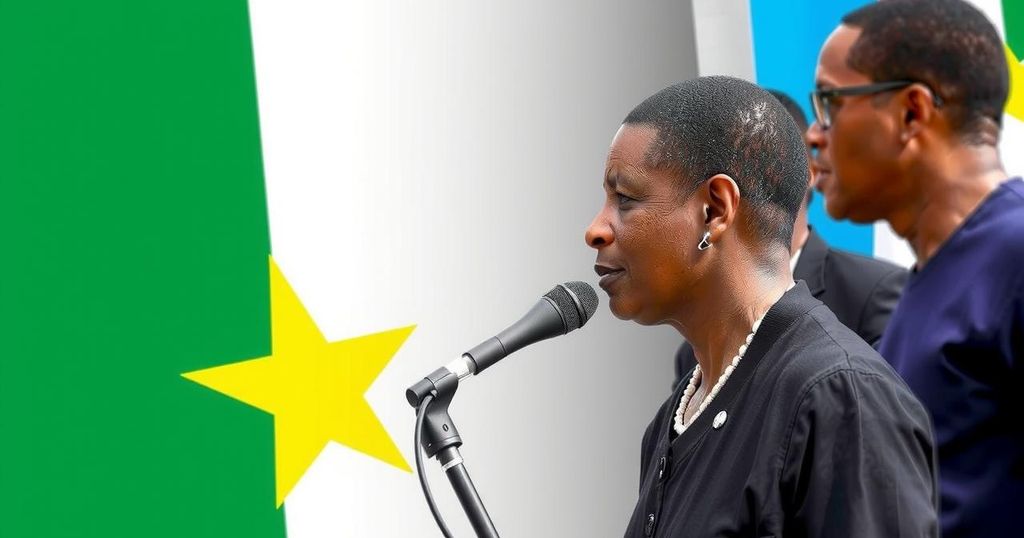Senegal Votes to Determine Future of Presidential Reforms and Stability

Senegal held parliamentary elections on Sunday to determine whether President Bassirou Diomaye Faye can secure the necessary legislative support for his promised reforms. With over 7 million voters participating, Faye’s party needs to gain a majority in the National Assembly amid rising public discontent and political tensions following recent unrest and dissolution of the previous parliament.
On Sunday, Senegalese citizens participated in a parliamentary election designed to determine the feasibility of President Bassirou Diomaye Faye’s ambitious reform agenda. Over 7 million voters were tasked with electing 165 members to the National Assembly, a critical step for Faye, who lacked a parliamentary majority following his March election on a reformative anti-establishment platform. The president’s inability to push through key initiatives—including anti-corruption efforts and equitable resource distribution—has been attributed to this lack of support. In a significant move in September, Faye dissolved the opposition-led parliament, leading to a snap election against the Takku Wallu opposition coalition led by former President Macky Sall and 39 other political entities. Polling stations opened at 8 a.m. and closed at 6 p.m. local time, with early results expected by Monday morning but final counts projected for later in the week. Faye’s party, PASTEF, must secure at least 83 seats to achieve a majority, a target deemed achievable based on the party’s recent popularity and Faye’s electoral margin of victory. At just 44 years old, Faye has become Africa’s youngest elected leader, garnering 54% of the vote in March, shortly after his release from imprisonment. This ascension resonates with the frustrations of Senegal’s youth, as over 60% of the population is under the age of 25, facing challenges from inflation and limited employment opportunities in the informal sector. “We need to be able to live a good life in Senegal so we do not have to go abroad to find it,” expressed Aita Pene, a 26-year-old student. Senegal’s political climate has been tumultuous, characterized by violent clashes between party supporters in the run-up to the election. Faye called for calm and respect for electoral outcomes, emphasizing the need to uphold the integrity of Senegal’s democratic reputation amid West Africa’s recent political upheavals. The past presidential election saw unprecedented protests following allegations of political persecution against opposition figures, and there are fears of retaliatory violence as Faye’s party seeks to consolidate power. In advocating for peace, President Faye stated, “There will be winners and losers but in the end, it is the people that win.” The stakes of this election extend far beyond legislative seats, as the citizens of Senegal look toward a reformative future amid persistent socio-economic challenges.
Senegal is currently undergoing a significant political transition, with President Bassirou Diomaye Faye seeking a mandate from the electorate to implement promised reforms after his election in March. The parliamentary election is pivotal, as Faye’s party, PASTEF, must secure a majority to advance its agenda, which includes reforms aimed at combating corruption and improving resource allocation for the citizens. High youth unemployment and inflation have discontented the younger population, many of whom express a desire for better living conditions.
The parliamentary elections in Senegal hold critical importance for the future of the nation’s governance and reform efforts. With President Faye’s party striving for a legislative majority, the outcomes will significantly influence the implementation of the president’s ambitious agenda amidst a backdrop of political unrest and public demand for change. Observers will be closely watching the results and the potential implications for Senegal’s democratic stability and socio-economic progress going forward.
Original Source: www.pbs.org






